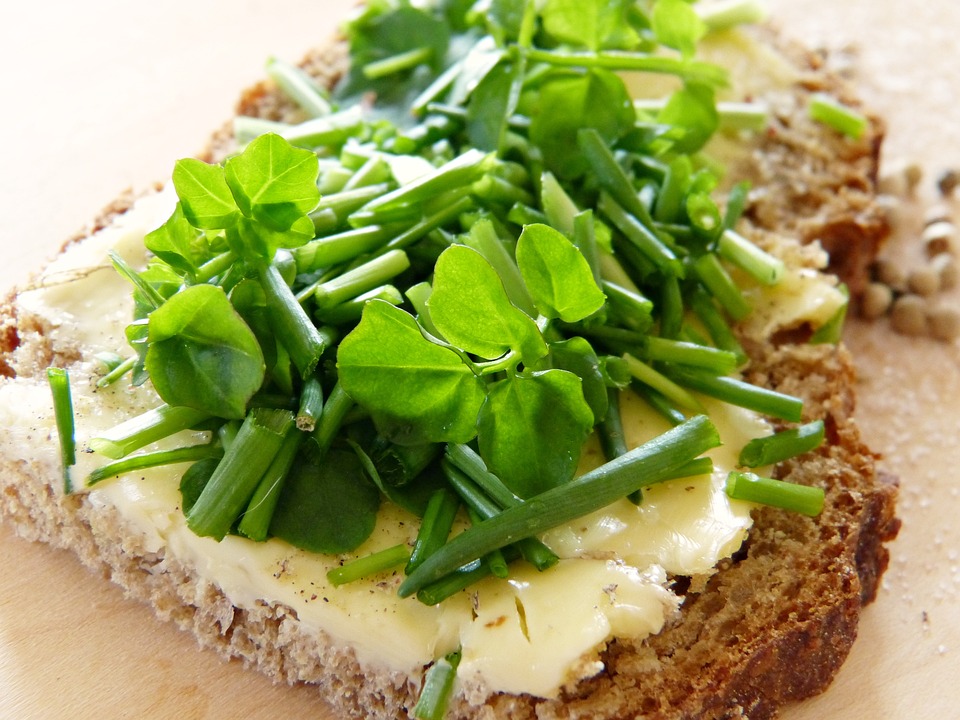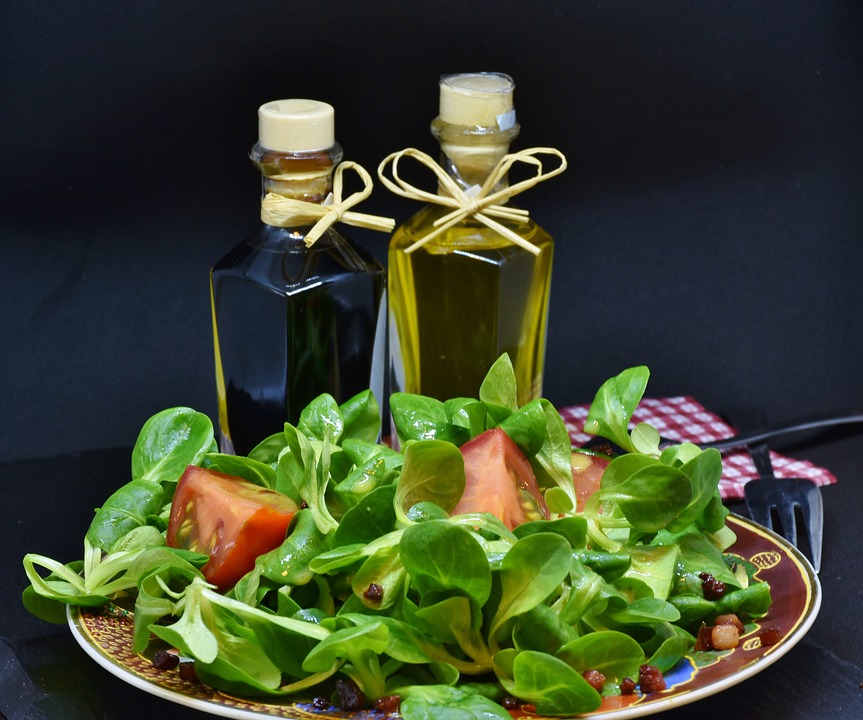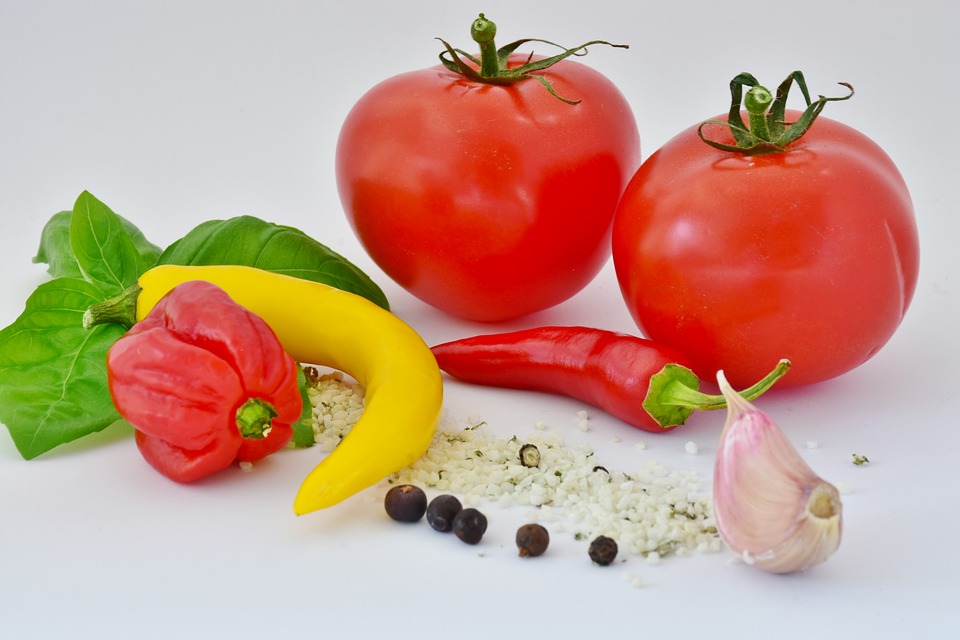
Is salt good for you?
While it is absolutely true that symptoms from excessive salt intake include high blood pressure and heart problems, the problem is more in the purification process of the salt itself than in the amount you eat. Just like sugar and white flour, table salt has been highly processed and stripped of the vital minerals that were present in the original salt form.
And don’t think that once you avoid shaking table salt on your food, you’ve eliminated it from your diet. Refined salt is usually found in highly processed foods because it is a cheap way to improve the taste of food.
In addition to undergoing the process of chlorination (bleaching), table salt contains hydrolytic (water-absorbing) additives to prevent the salt from clumping. White, fine-flowing salt is always sure to have additives.
There is one salt that is actually good for your health – seawater salt, natural and unrefined. Sea salt comes straight from the sea to you. It may be gray in color which indicates the presence of many other minerals. We need the vital electrolytes in salt (Sodium and Potassium) to control water levels in the blood and tissues.
Consuming healthy nutritious sea salt will also help balance blood sugar levels; aid in the absorption of food in our intestines; It acts as a powerful and natural antihistamine; Cleansing the lungs of mucus and phlegm. Natural sea salt brings out the natural flavor components of food and makes food taste better than regular table salt.
You can find sea salt fairly easily today, at Whole Foods or Trader Joe’s, and even in some traditional supermarkets. Look out for the coarse grains and remember that gray indicates less processing and more natural minerals that will benefit your overall health. Google Celtic sea salt and Himalayan sea salt to learn more about the health-promoting properties of natural sea salt.

